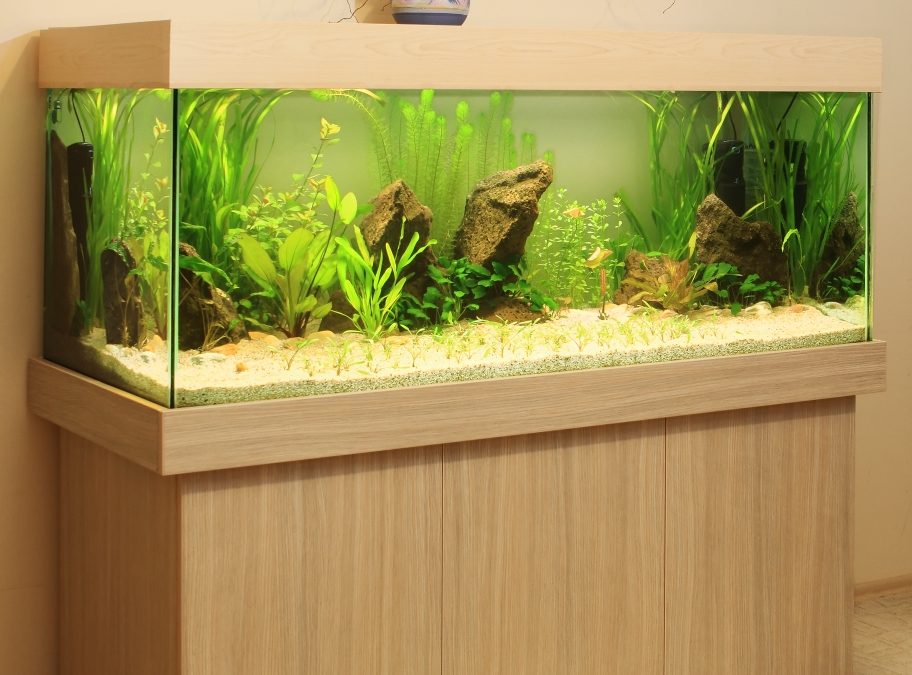Aquarium Maintenance Cincinnati
Essential Fish Aquarium Maintenance Tips Before you embark on the journey of sustaining an aquarium, it is essential to know the basics of fish aquarium upkeep. The degree of maintenance your fish tank calls for hinges on the kind of fish you intend to keep—whether they're saltwater fish, generally known as Marine Fish, or freshwater fish, often identified as Non-Marine Fish. The selection of aquarium will also be influenced by the specific fish species you plan to keep. Irrespective of the kind of fish you propose to nurture, regular observation of their well being is paramount, significantly in the case of saltwater fish. Consistent remark allows you to turn into conversant in their behavioral patterns and detect any uncommon changes. Feeding your fish ought to align with their individual requirements, as totally different fish species might have diversified feeding schedules. While some may require every day feeding, others can thrive on meals each three days. Filters play a pivotal function in sustaining water high quality by eliminating chlorine buildup and promoting overall health. For saltwater fish lovers, adding iodine salt to the tank a minimum of twice every week is essential. Algae development within the tank needs to be stored in check. Weekly, exchange 10-15% of the tank water with contemporary, purified water to get rid of harmful chemical substances. When topping up with faucet water, ensure it's free from harmful substances like chlorine, ammonia, copper, metals, and so forth. aquarium maintenance cincinnati or tablets can be utilized to address this issue. Chemical, organic, and mechanical filtration systems, just like the one included in the Fluval Edge Aquarium, are available to fight water quality issues. When changing the water, clear any debris from the tank by cleansing the filters and using a dedicated vacuum. Test kits must be employed to examine the water quality, ideally each two weeks. After testing, it is advisable to wait 24 hours before carrying out water adjustments. These kits can detect numerous parts such as nitrite, chlorine, copper, ammonia, metals, calcium deposits, nitrate ranges, pH ranges, and more. Remember that fish produce a certain amount of nitrites, which are normally non-toxic to them. Additionally, keep a watch on alkalinity buildup month-to-month. Alkalinity, measured by means of water pH, may also be examined using readily available kits. Inspect the tank filters every two weeks to find out in the event that they require replacement. Taking care of your aquatic collection via consistent fish aquarium maintenance becomes simple once you identify a routine and maintain records of your upkeep activities.. 